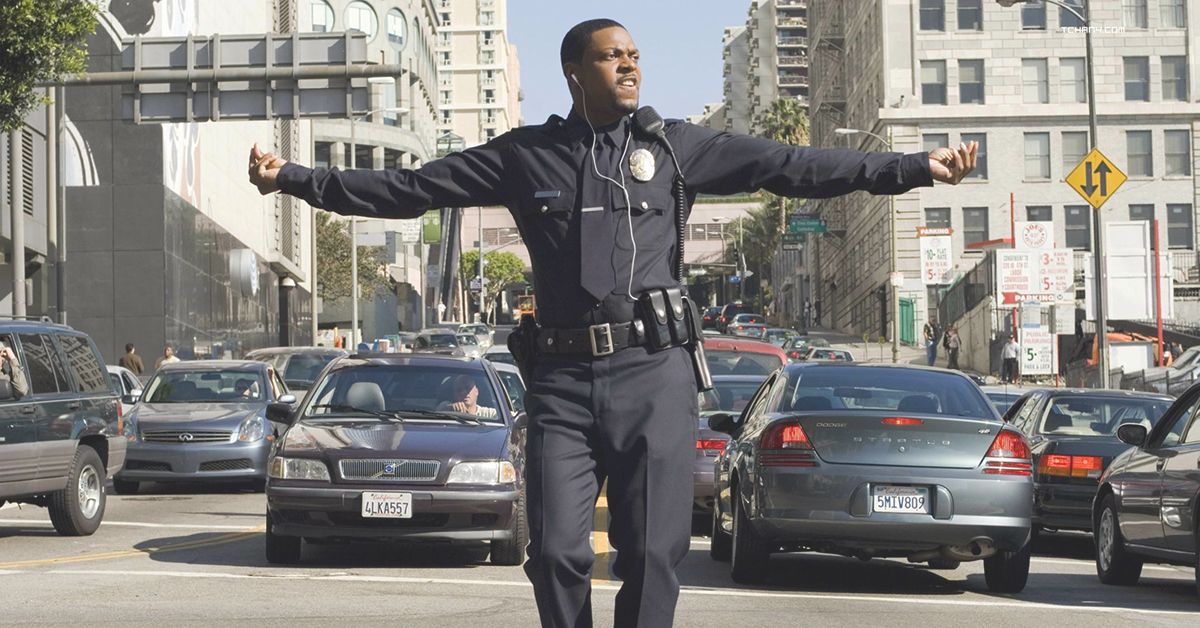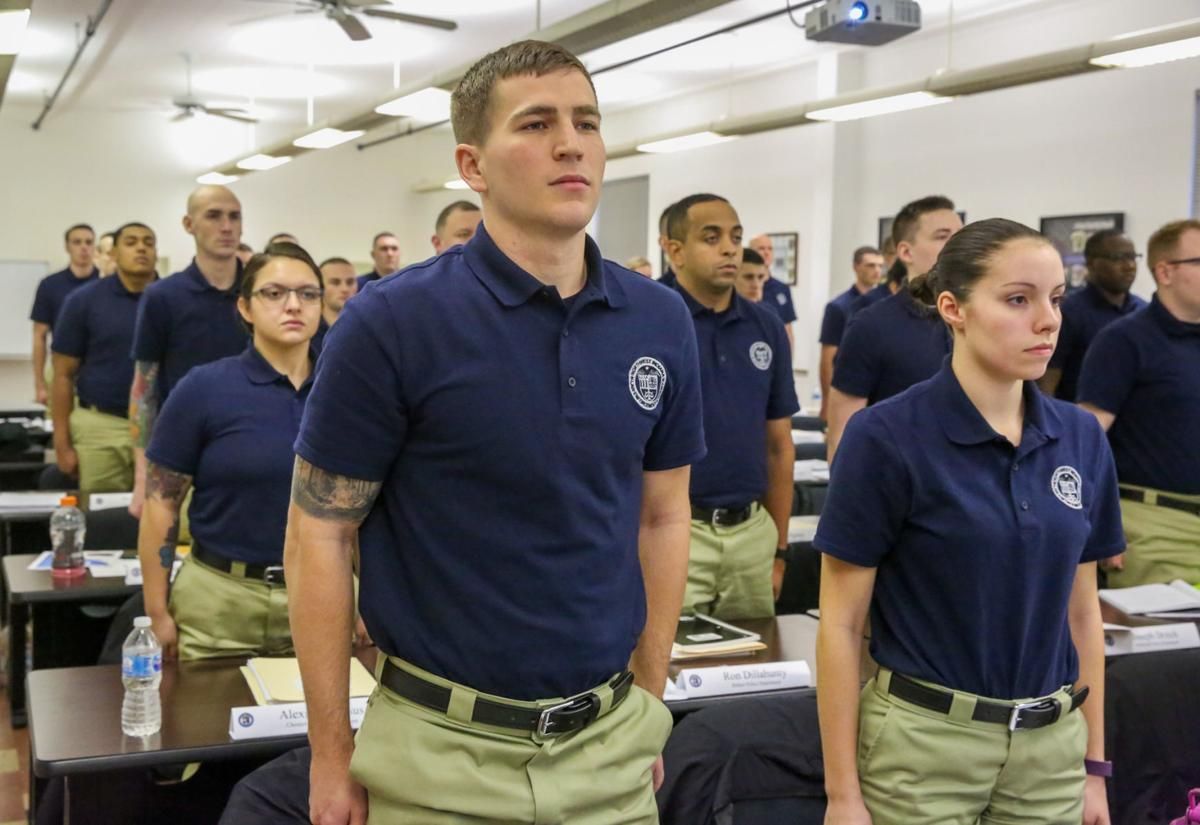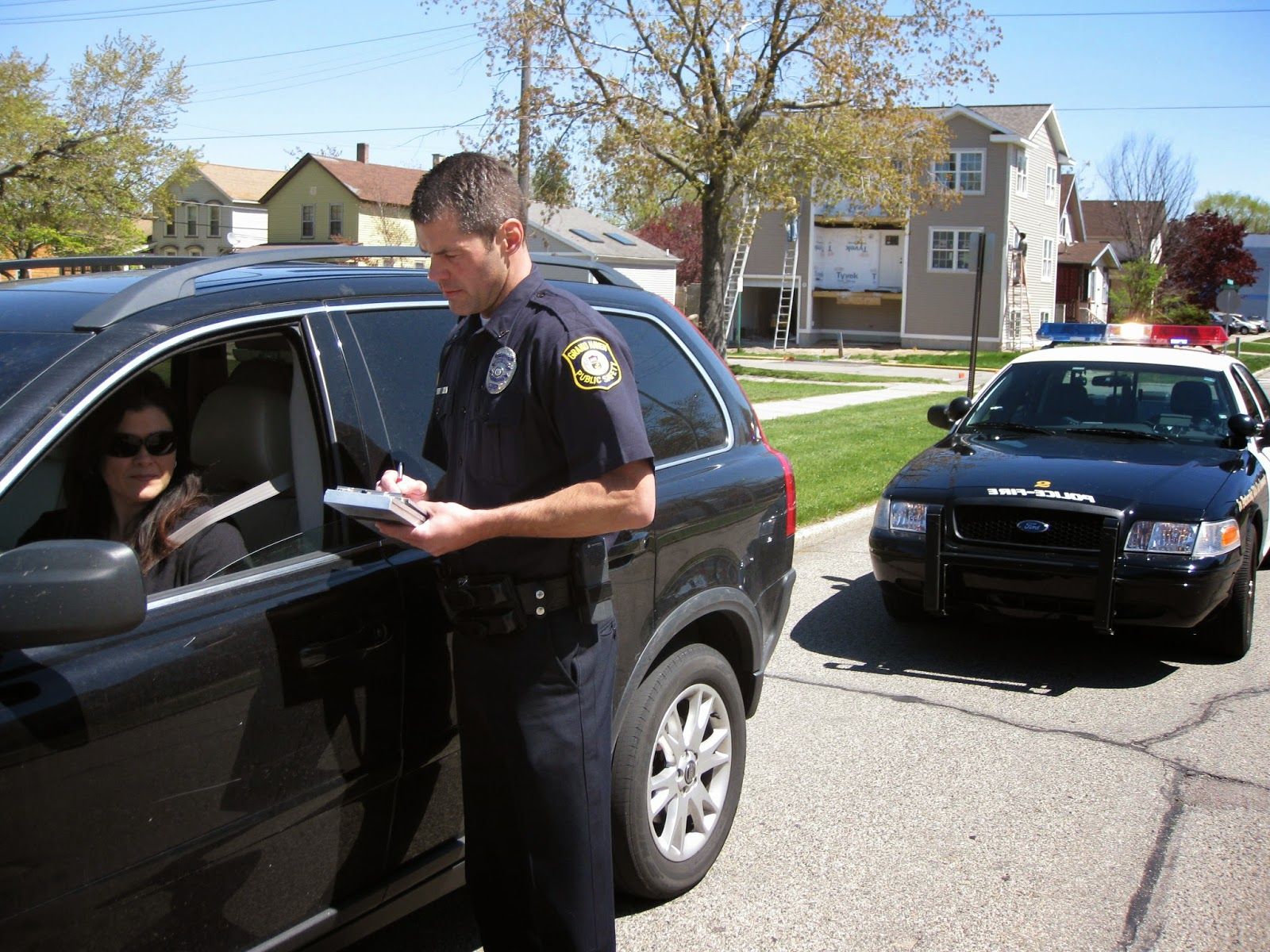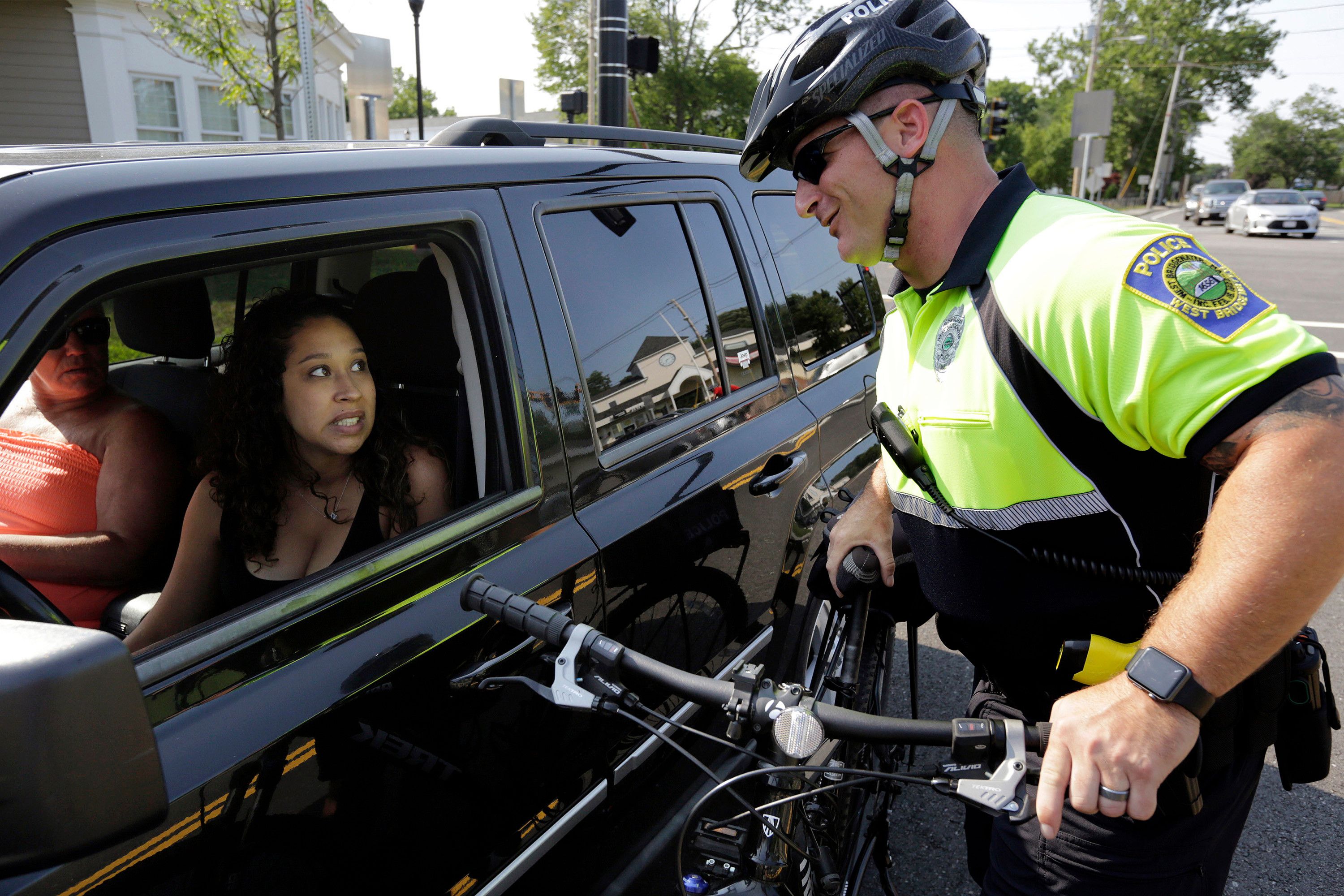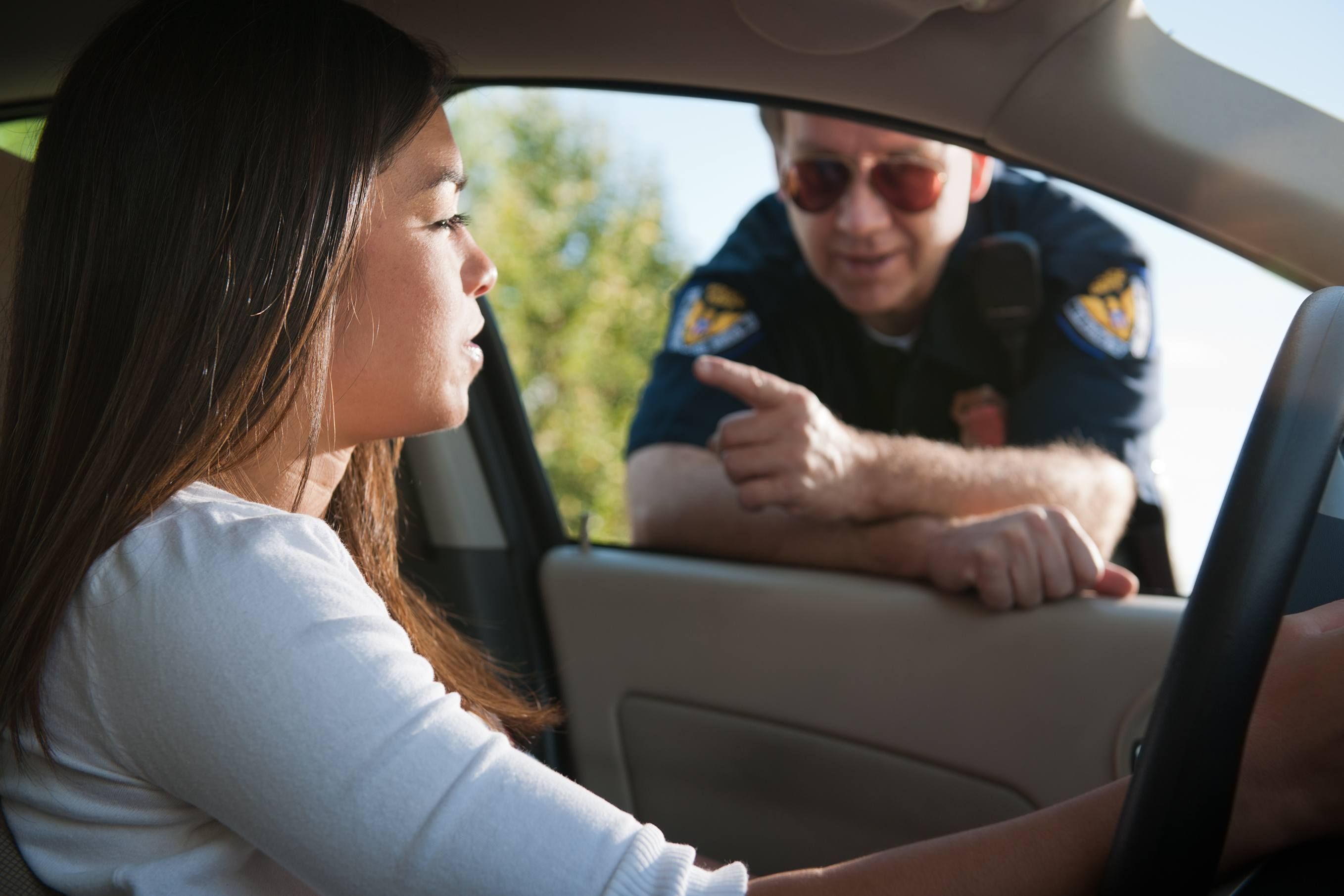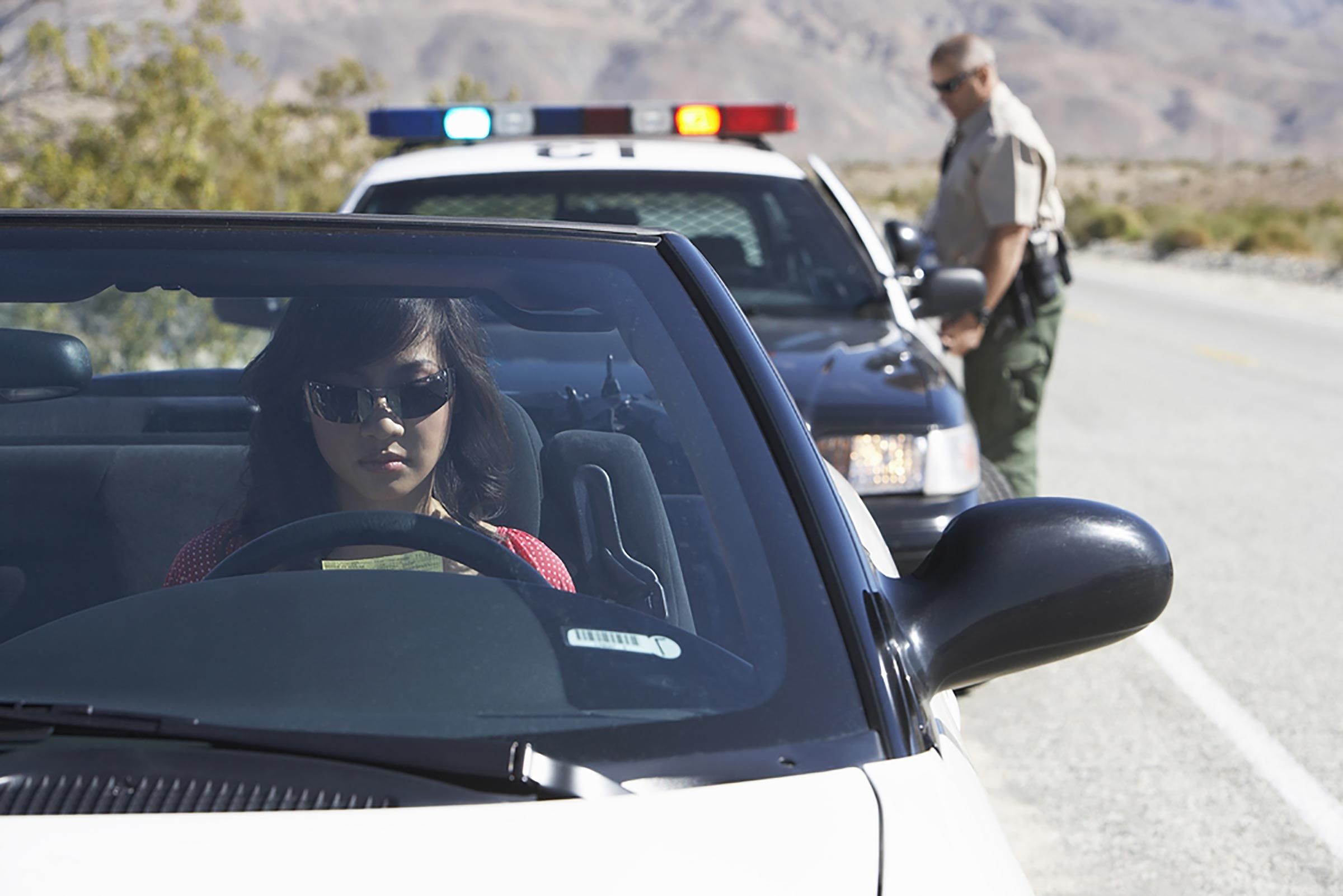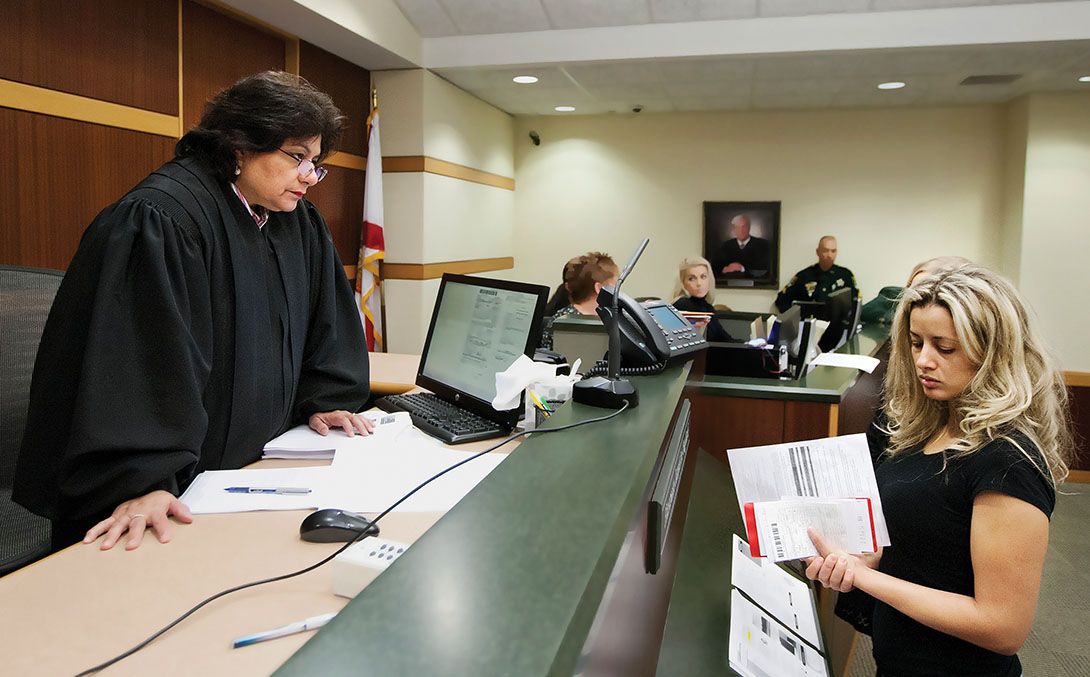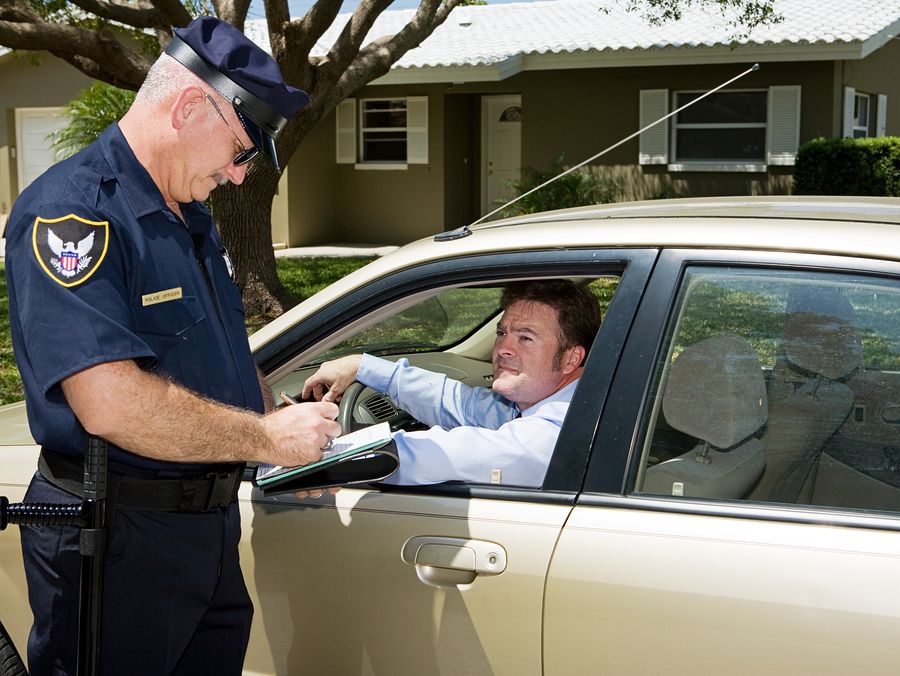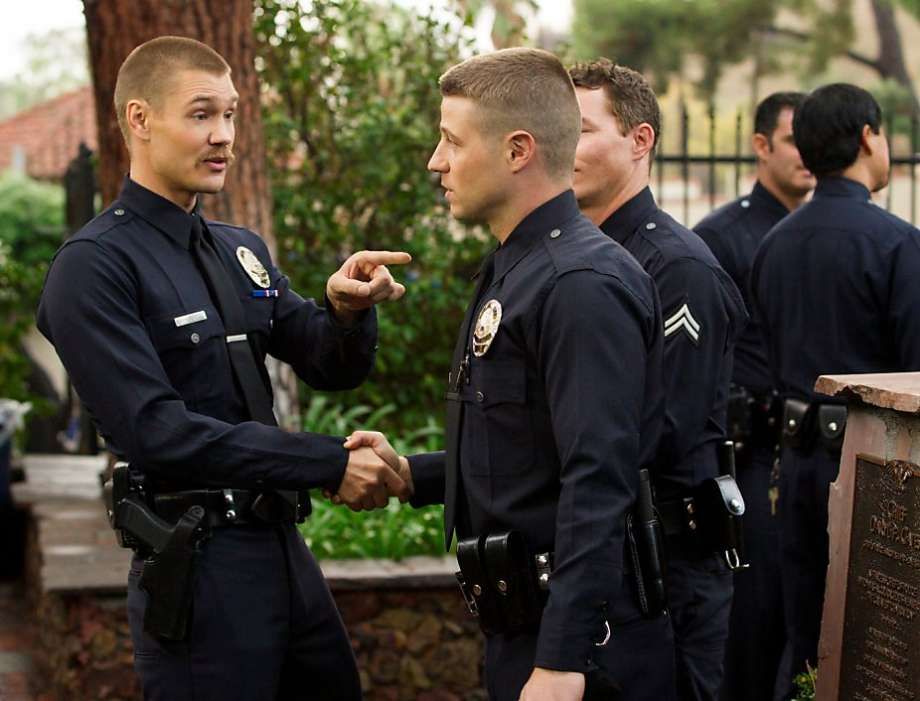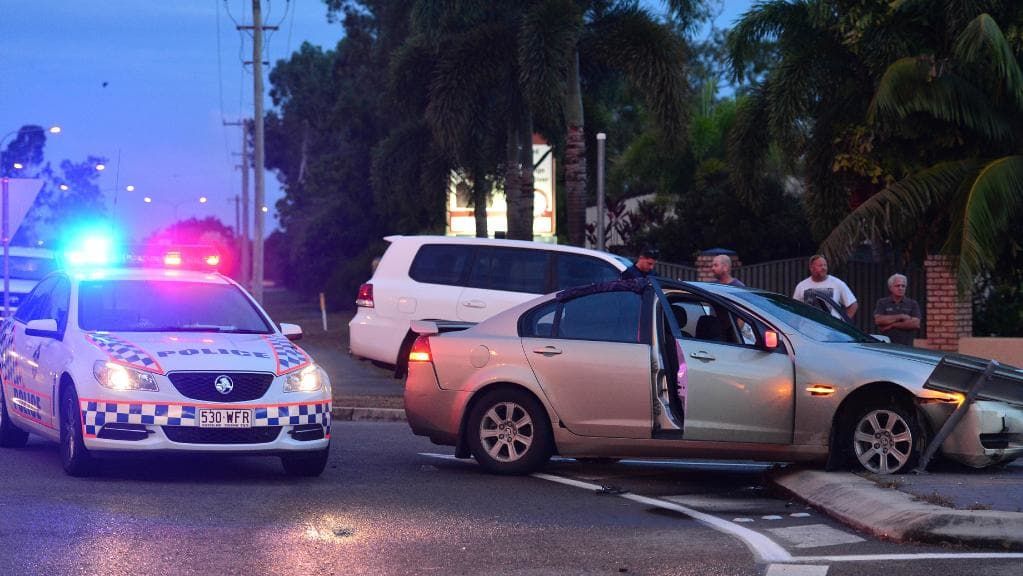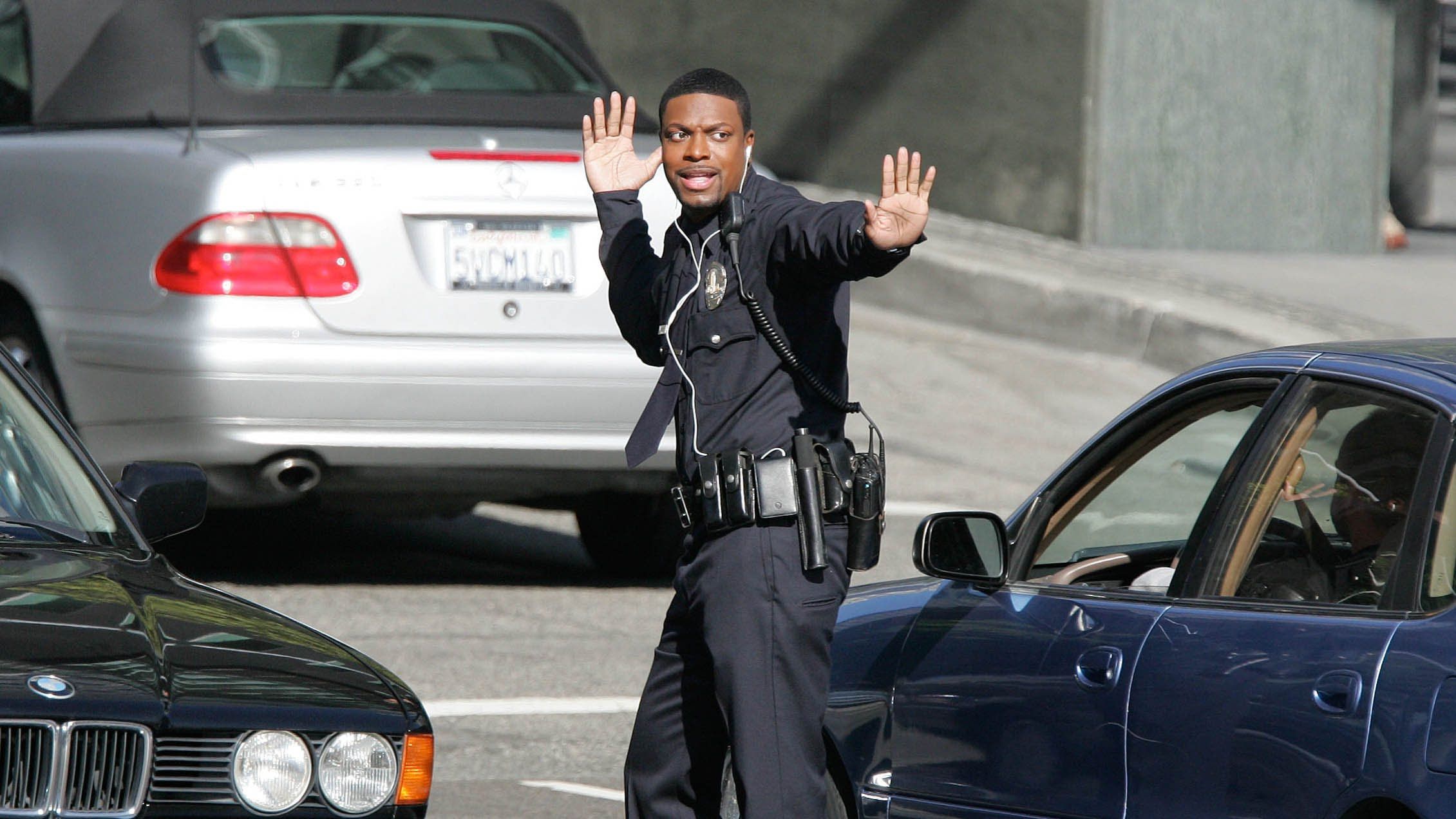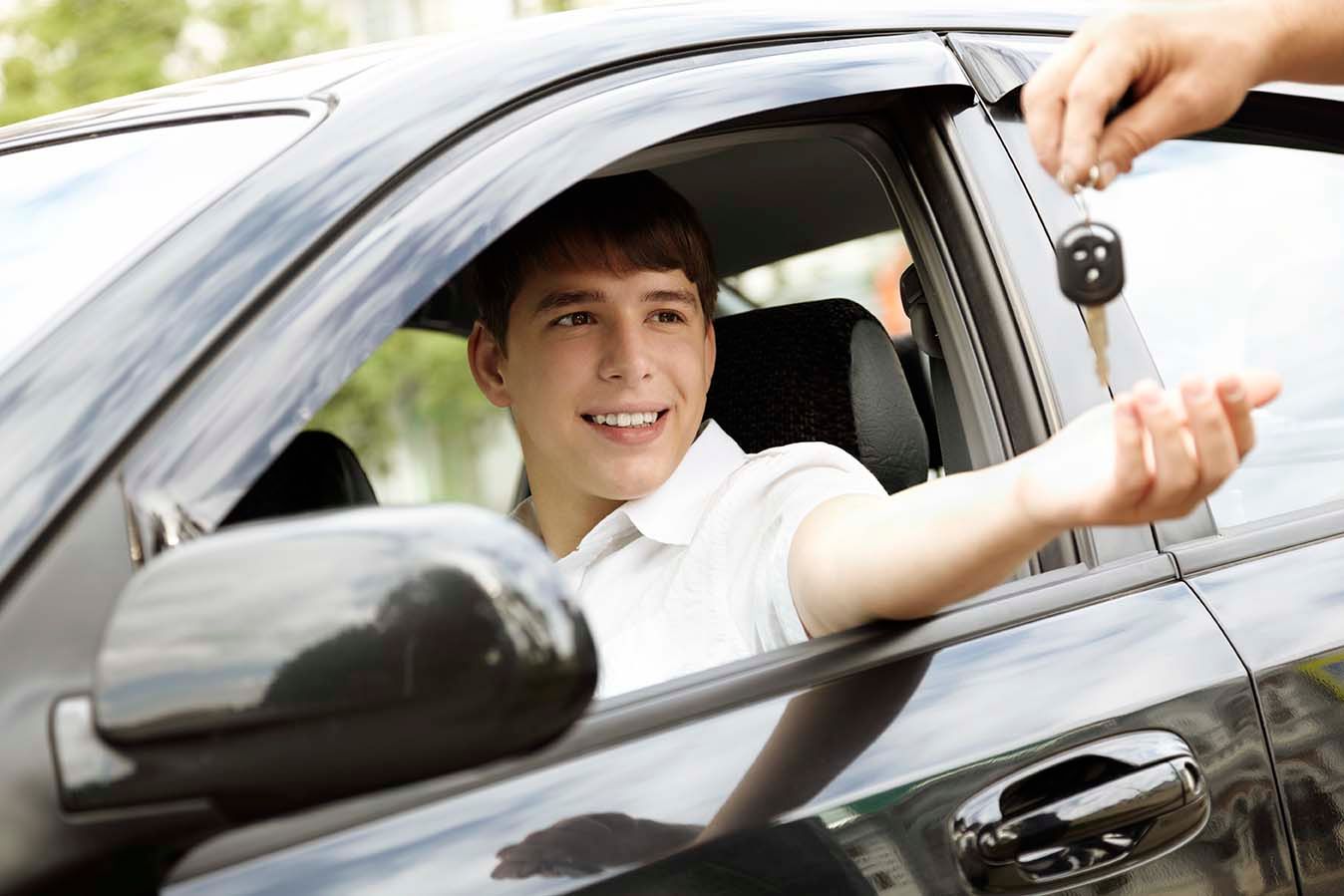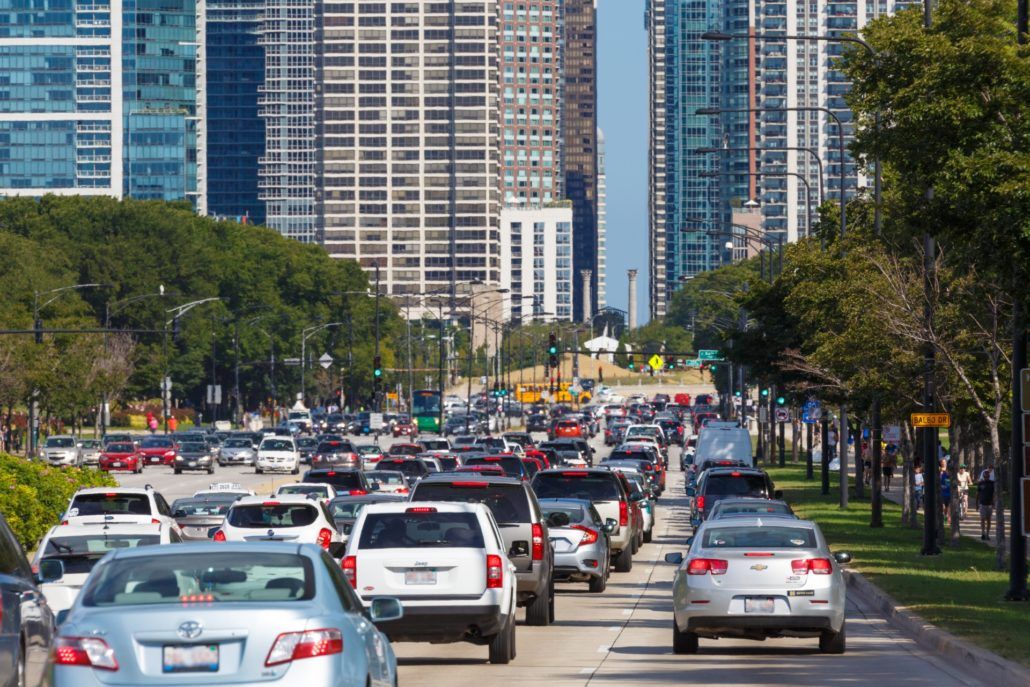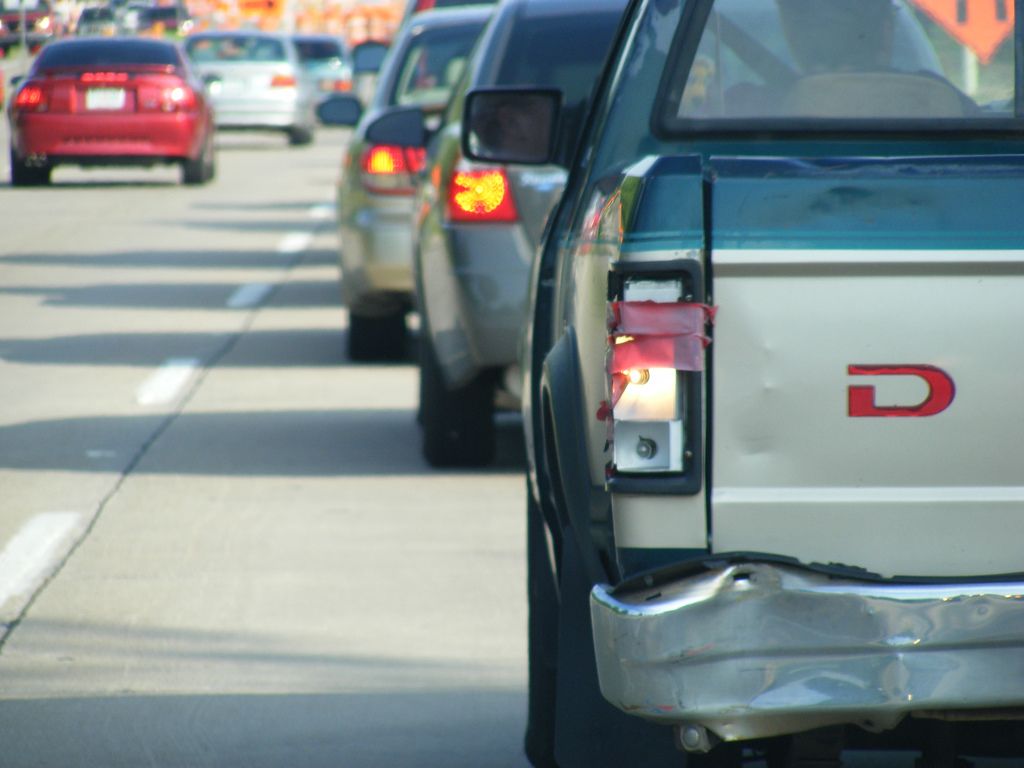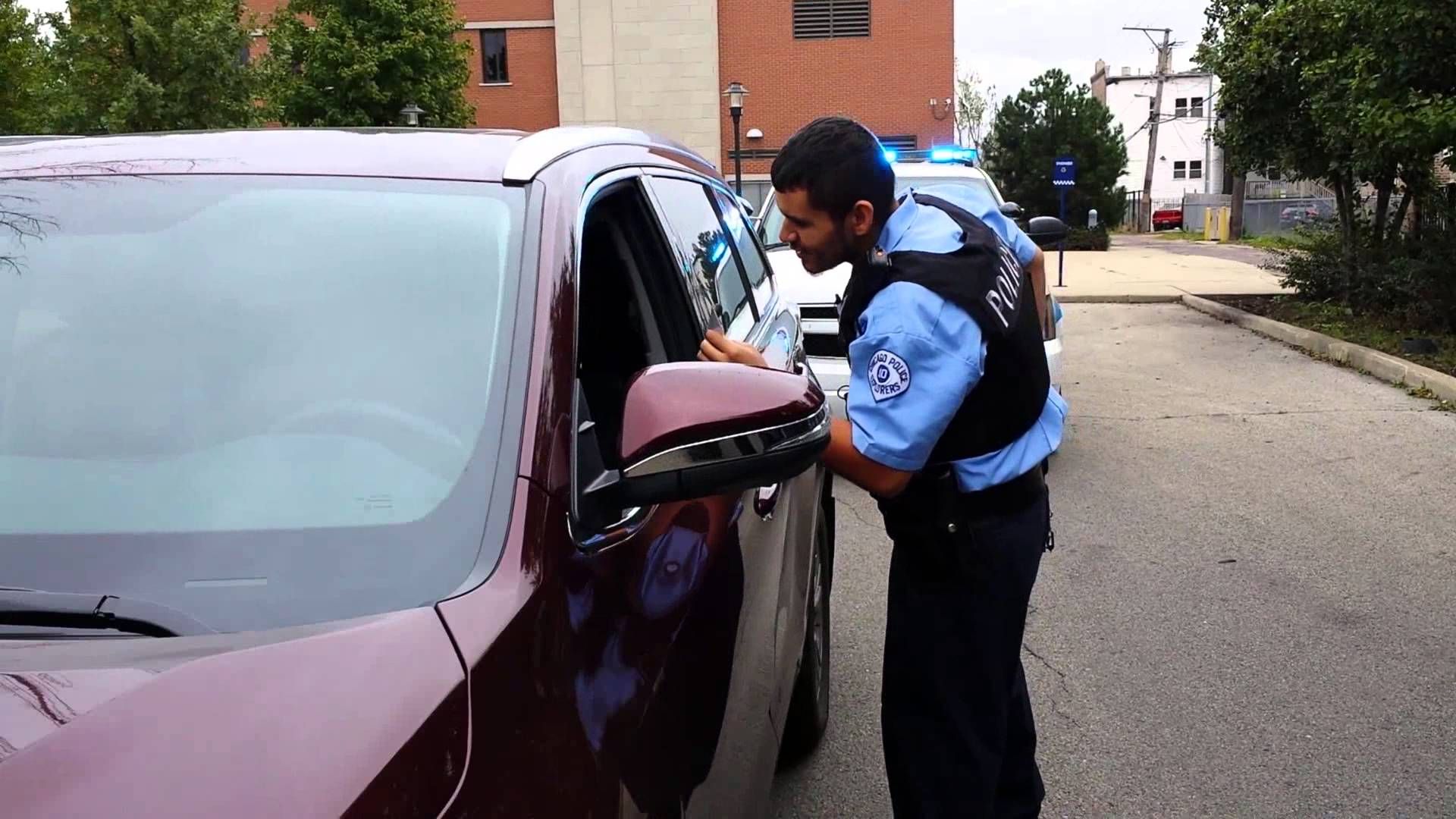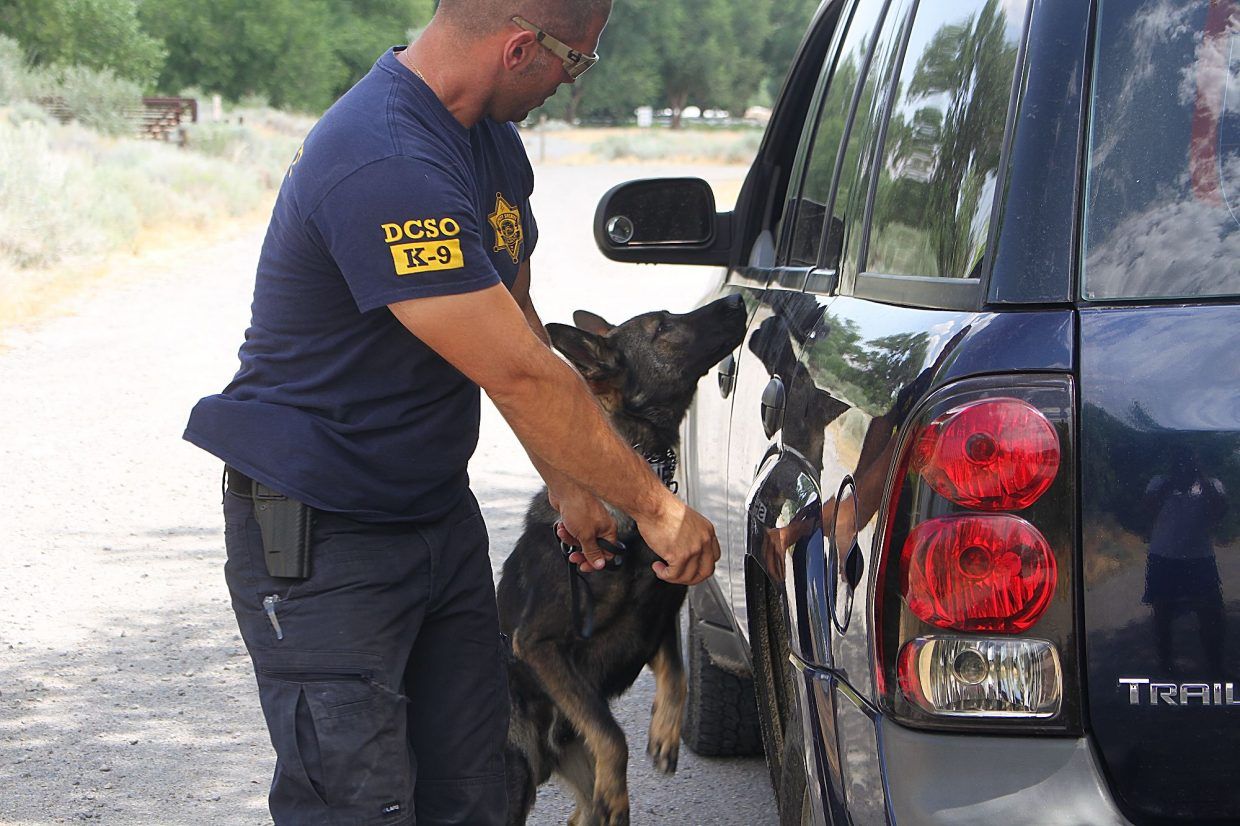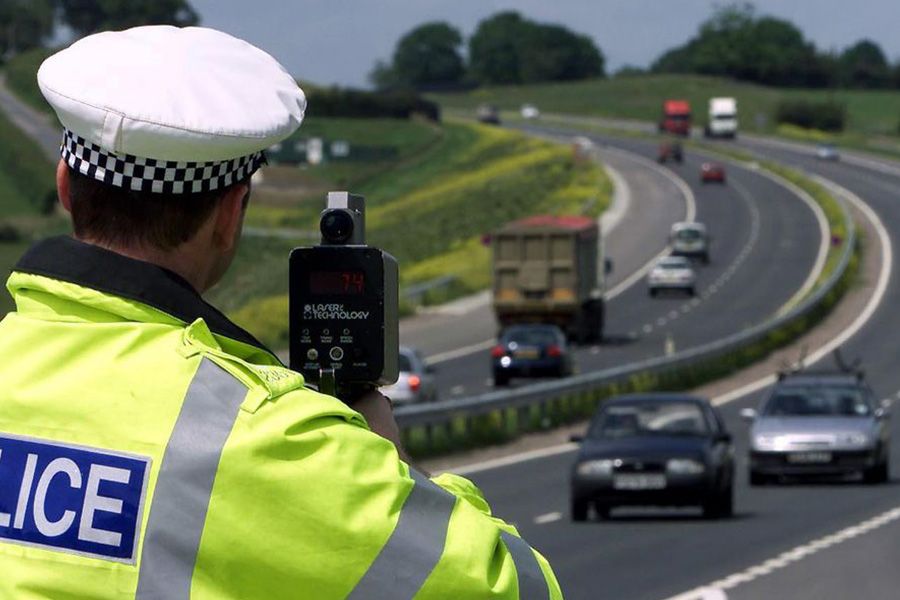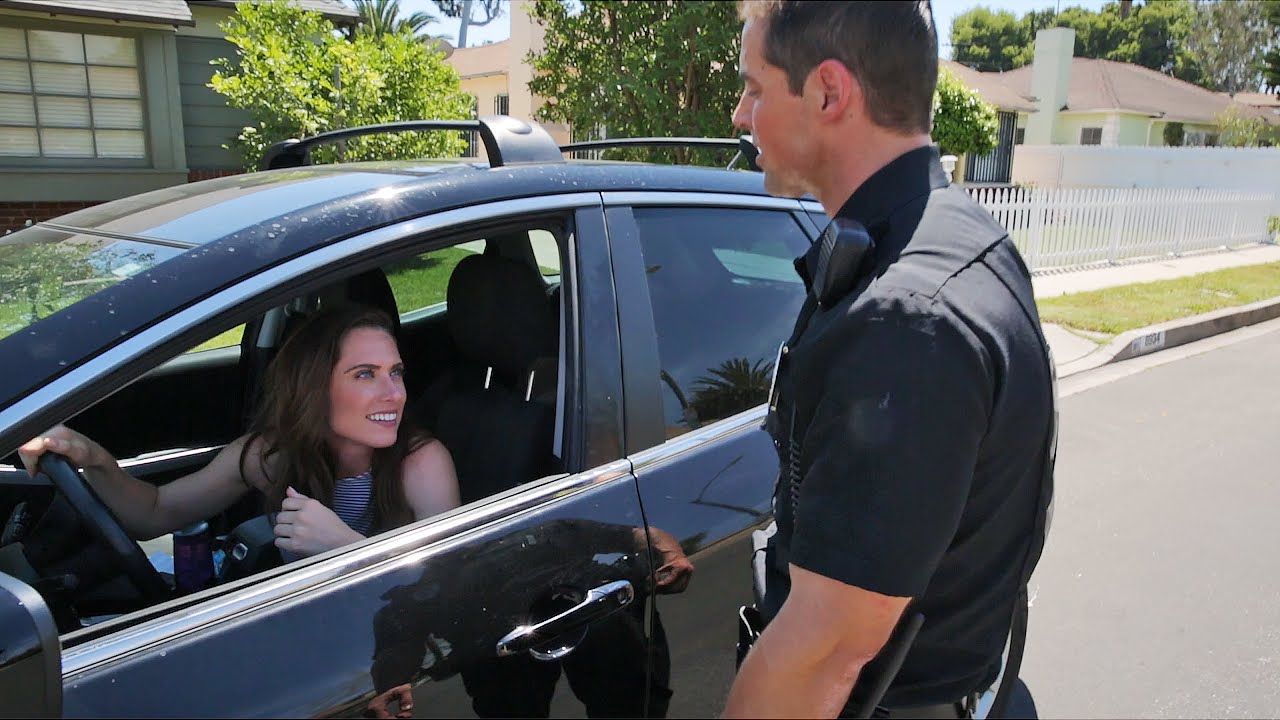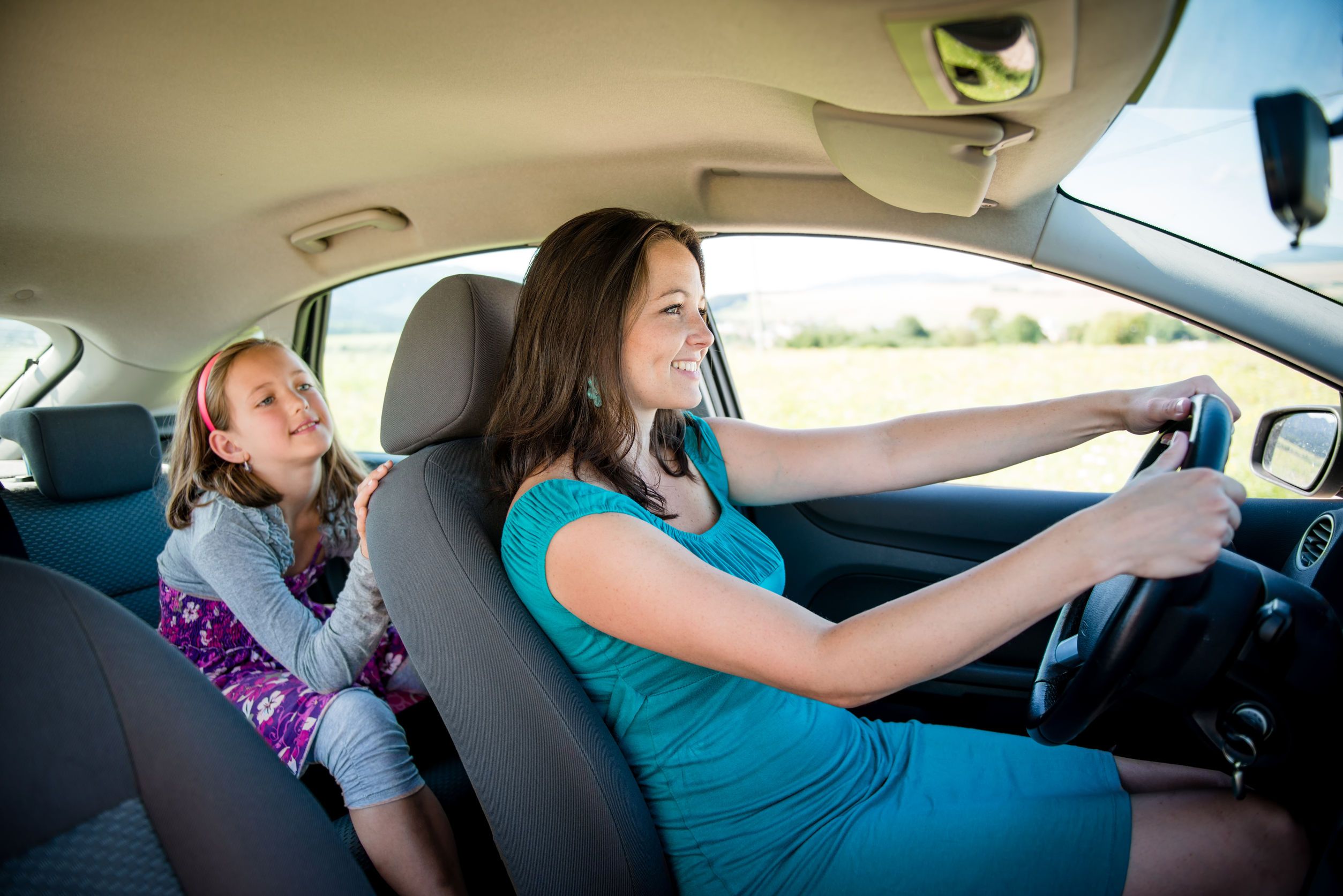When it comes to making the roads we travel a lot safer for everyone, no one does the job better than traffic cops. These brave men and women spend hours along streets and highways every single day to make sure that traffic laws are properly enforced and that no one is being a danger to anyone.
The role of a traffic cop has become increasingly important considering that the number of motorists has also increased significantly over the years. In fact, according to The Statistics Portal, it is estimated that there are nearly 264 million vehicles registered in the United States today. Moreover, there are now as many as 218 million drivers that have been issued a valid driving license in the country.
At the same time, the last thing you want is to have a serious road accident anywhere in America. You may not realize it, but road accidents lead to a significant number of fatalities. In fact, according to the U.S. Department of Transportation’s National Highway Traffic Safety Administration, there were as many as 37,462 traffic fatalities back in 2016. These represented an alarming 5.6 percent when compared to the previous year. Even worse, the number of U.S. vehicle fatalities further increased to 40,000, according to the National Safety Council.
On a daily basis, traffic cops are out there trying to make the roads safer for all motorists. And because we see them a lot, there are some who may get the wrong idea about these officers.
In fact, we have listed down some wrong assumptions that people tend to have about traffic cops. At the same time, we have also listed down some facts that might interest you about these brave men and women. Curious to know more? Read on to find out.
20 Wrong: Traffic cops are generally uneducated
Today, academic advancement is important in getting key job placement. Basically, if you want to work towards a bigger salary, you have to make sure that you have the right educational degrees and credits to qualify for the job. The same thing goes for traffic cops. In fact, they go through a rigorous training and education program before becoming an officer.
According to Study.com, you would need a high school diploma or GED to apply to be a traffic cop. In some cases, a degree or college courses may also be preferred. In fact, some departments may even prefer applicants who have a degree in criminal justice.
After passing the preliminary background check, applicants get accepted into the police academy training program which would run from 22 to 32 weeks. These include academic courses as well as training in driving, firearms, human relations, tactics, law and much more.
19 Wrong: Traffic cops are subject to a ticket quota each month
For some reason, there is a myth going around that traffic cops are subject to a certain quota for tickets each and every month. Hence, they tend to get aggressive in giving out citations to motorists especially towards the last week of the month.
However, nothing about this is simply true. In fact, the number of tickets that they issue any given month does not factor into the amount of pay that they would be receiving. And just so you know, traffic cops do pretty well for themselves. Just to give you an idea, it was estimated that the median salary for all police patrol officers back in 2014 was $56,810 a year, according to figures sourced by Study.com.
18 Wrong: Traffic cops don’t appreciate it if you are cooperative
During a traffic stop, there is really no need for tensions to rise between yourself and the officer who pulled you over. In fact, if you simply try to be more cooperative, there’s a good chance that the situation won’t get worse. Even better, it is also possible that you would not get a ticket.
The truth is when you don’t comply with lawful requests from officers, they only become more suspicious. For instance, active detective sergeant Jeremy has told Urbo that people who only roll down the window slightly are possibly under the influence or simply “don’t like talking to police.”
On the other hand, if you comply and remain polite towards an officer, there is a chance that they would let you go. “I’ve known situations where they’ll let you go just for being pleasant,” Jeremy explained.
17 Wrong: DUI checkpoints by traffic cops are unconstitutional
During holidays such as the Fourth of July and New Years Eve, traffic cops are aware that many motorists may have had a little too much to drink during their celebrations. And to help make sure that everyone can go home safely, they tend to introduce DUI checkpoints along the road.
While sober motorists may find these checkpoints unnecessary, annoying and infringing upon their Fourth Amendment rights, you should know that these imposed checkpoints are not considered unconstitutional.
As the website Driving Laws has explained, “In spite of the general rule, the Supreme Court has found that temporary DUI checkpoint stops (without reasonable suspicion) do not violate the Fourth Amendment rights of drivers. Basically, the Court said the importance of keeping impaired drivers off the road generally outweighs the inconvenience and intrusion to motorists.”
16 Wrong: They won’t let you make your case once you are pulled over
Traffic cops may be strict law enforcers. But that doesn’t mean they would never listen to what you have to say in case they decide to pull you over.
This is so long as you don’t become immediately hostile towards the officer you are dealing with.
As insurance advisor Bradley Hamburger has advised Reader’s Digest, “You have 30 seconds to convey that you’re a safe-driving, law-abiding citizen.” When you are trying to plead your case, be sure to state if you have never gotten a speeding before. Meanwhile, if you had sped up just to avoid something on the road, such as a pothole, be sure to point that out too.
15 Wrong: Traffic cops always have to read you your rights
If you were caught going over the speed limit or driving without a seatbelt on and a traffic cop decides to pull you over, what do you think would happen next? Would he come up to you and suddenly begin to start reading you your Miranda rights? As you might have guessed, things don’t happen that way.
If a traffic cop just wants to talk to you and ask you if you know why you have been stopped, there is no need for them to read you anything. That’s because, at that very moment, you are not being placed in custody and/or under a formal interrogation. Although, as a report from the website Police One pointed one, “Some jurisdictions may do this (reading or stating Miranda rights) as a matter of practice/policy.”
14 Wrong: Traffic cops always have to appear in court
When a traffic cop issues you a citation, he or she would most likely appear in court for your traffic ticket hearing. Although, according to the website DMV.org, there are certain states which don’t require the officer to make such an appearance. Furthermore, it stated that “the judge will still try the case, regardless of whether the officer shows.”
If a traffic cop knows that they are strictly required to appear during a traffic ticket hearing, they would most likely take note of the date to ensure that they could attend.
If they have no choice but to miss the date though, there is also a chance that the judge would simply decide to reschedule the date of the hearing. However, in case the traffic officer is always unavailable, the judge may also decide to dismiss the traffic ticket altogether.
13 Wrong: They absolutely enjoy writing traffic tickets
Sure, a traffic cop might find him/herself writing citations for most of the day. However, that doesn’t mean that they are having the time of their lives doing this.
Generally, a traffic cop’s job is always to enforce the law in the streets in order to help ensure motorist and pedestrian safety and peace. Hence, anyone that seems to threaten peace and safety in an area must be stopped and held accountable with the help of a traffic citation.
The job description doesn’t blatantly state they are supposed to write tickets all the time. However, they are required to do so the moment they spot an offender.
12 Wrong: They are just like what you see in movies and television
Especially today, there are so many shows on televisions that feature cops. Some of them even show traffic cops in particular. And while you may enjoy watching these shows constantly, it helps to remember that those cops that you see on television and in the movies are nothing like the real ones you see on the road today.
As Mike the Cop has explained on the website Police One, “I actually get pretty frustrated watching most any show that depicts law enforcement, as it always makes me wonder why a big budget show or film can’t afford to actually hire a consultant who gives them accurate information for their portrayals. Or, perhaps they just don’t like the real world facts because they would be more boring to watch, thereby decreasing ticket sales. Either way, you simply cannot trust most of what you see depicted on screen; it’s about as real as tag team wrestling.”
11 Wrong: Traffic cops enjoy giving chase
When it comes to chasing after an offender, the rules tend to vary from state to state or even city to city. As one report from the Journal Sentinel had noted, Milwaukee police would be reluctant to chase someone down for traffic violations. However, in Greenfield, they would readily decide to pursue an offender.
On the other hand, if the person is a speeder, a traffic cop may also make a decision not to pursue if he or she thinks that would only make the situation dangerous for everyone.
As veteran traffic cop Mike Brucks has explained to Popular Mechanics, “You have to determine if you can catch him, if chasing him will cause an accident for him, for you, for the public. There's no way to catch anyone like that.”
10 Right: They can dance if they want to
Truth be told, keeping traffic flowing nicely and going after offenders is not the easiest or most enjoyable thing to do in the world. Because of this, some traffic cops find that they have to do something to sort of break the routine and make the job more interesting and enjoyable for themselves and the motorists that they protect. Hence, some of them break into dance.
As Indiana State Trooper Dujuan Presley-McFadden has explained, “I want to give them a different perspective of law enforcement in general, not just Indiana State Police, but let them know as law enforcement, we have a human side as well and to let them know we can have a good time as well.” According to the Huffington Post, McFadden soon became known as the “Dancing Trooper” because of his moves.
9 Right: They are on the lookout for young drivers that like to break the law
Traffic cops know that there are all sorts of law violating motorists on the road at any given moment. Of course, they are determined to catch all of them before they do something terrible and end up injuring themselves or someone else.
Nonetheless, though, traffic cops are also particularly interested in catching young drivers who break the law.
According to a report from Reader’s Digest, this is because, for cops, young drivers provide the opportunity for a “teaching moment.” They would be more than happy to take the time to teach youngsters all about accountability and why it’s such a bad idea to disobey traffic laws.
8 Right: A beater car can easily attract attention
If you think about it, a beater car is a vehicle that is best left in the garage. After all, there is a good chance that the car would suffer a breakdown while traveling on the road. And if it stalls while it’s in the middle of a busy street, it can absolutely cause traffic. Even worse, it can even cause a serious road accident. Perhaps, these are some of the reasons why beater cars readily catch a traffic cop’s attention.
At the same time, traffic cops are aware that beater cars tend to commit all sorts of violations while running. This can be excessive noise it is making or the excessive smoke that it is emitting. On the other hand, it can also have a broken taillight. In this case, it can be a real hazard on the road. Because of this, you can definitely earn a violation from driving around in a beater car.
7 Right: A slow moving vehicle definitely attracts attention
Sure, cars who like to overspeed can definitely catch a traffic cop’s attention. After all, someone who is significantly going over the speed limit can readily cause a collision which can readily injure themselves or the occupants of nearby vehicles.
However, there is another kind of speeder that also attracts attention from traffic cops. These are the under speeders.
The ones that go way under the speed limit on a given road or motorway. This is because when you are driving quite slowly, it is most likely that you’re being distracted. Hence, a traffic cop would want to pull you over to see if you are not completely paying attention to the road.
6 Right: Aside from speeding, there are other violations that can attract their attention
While traffic cops are more than likely to pull you over and issue you a ticket if you are speeding, there are other types of offenses that they are also on the lookout for on any given day.
As Brucks had further explained to Popular Mechanics, “Seatbelts, cell phones, red lights, and stop signs. I concentrate on all the things that can cause an accident. There are some cops who write tickets for expired plates, for having no insurance or registration, but you're not going to crash because of any of that. I focused on safety issues—that's what I like to do.”
5 Right: During a traffic stop, you can be asked to step out of your vehicle at any time
Typically, a traffic cop would pull your car over if there is any suspicion of a traffic offense on your part. This can be anything from speeding to reckless driving or even driving under the influence.
In some instances, a traffic cop may ask a driver to step out of his or her vehicle during a traffic and the best thing to do would be to comply.
As DRK Attorneys has explained, “If the officer asks you to get out of the car, however, you should do so. By not getting out of the car when instructed, you might be viewed by the officer as a threat of imminent danger.”
4 Right: K9 searches are not a violation of your rights
On any given day, a traffic cop can end up dealing with all kinds of lawbreakers. Some offenders may have just been ticketed for not wearing a seatbelt, speeding or driving with a broken taillight. However, there are other offenders who can appear to be more dangerous to them. And in such cases, they can opt to seek assistance from the K9 unit. These typically include a drug sniff dog who is trained to indicate the presence of illegal narcotics in the vehicle.
In such cases, traffic cops want to make it clear that K9 searches are not in any violation of your rights. That is, so long as the search conducted by the K9 officer is only on the exterior of the vehicle.
3 Right: They tend to have some favorite hiding places
Let’s just admit it. From time to time, we want to speed up. We just want to press on that gas pedal and drive away like everything is going to be just fine. If you do this, however, chances are a traffic cop is going to spot you soon enough.
You might not see them, but then they are just situated in a hiding spot that is perfect for finding speeders along the road.
As Brucks has also explained during his interview, “I stay on the freeway mostly. That's where there are more speeders. I'll park under overpasses, on bridges.” As you can see, there’s really no getting away from them if you go over the speed limit.
2 Right: They can be understanding of your situation, depending on why you sped up
Traffic cops are required to enforce important traffic laws and regulation every single day that they are on the job. After all, the goal is to improve and support motorist safety and catching those that can possibly cause a serious accident can help.
Nonetheless, traffic cops are not heartless. In fact, there are some cases wherein they would factor in the reason you had been speeding before they determine if they should issue a ticket. During an interview with Popular Mechanics, Brucks further explained, “When someone tells me that a family member has just been sent to the hospital and they're on their way, how can I ticket them for that? I tell them that they're not being safe, that they need to slow down and stay safe. That's about it.”
1 Right: Traffic cops can easily tell if you are not wearing your seatbelt
You might think that seatbelts are no big deal, but they can absolutely save your life in the event of a car collision. In fact, the Center for Disease Control and Prevention has estimated that seatbelts have been responsible for saving as many as 255,000 lives between 1975 to 2008 in the United States alone. This is because a seatbelt can readily stretch at a controlled rate in order to absorb some of the crash energy and reduce the severity of a person’s deceleration.
At the same time, it can also prevent a passenger or driver from being ejected from the vehicle.
This is precisely why traffic cops are keen about checking for seatbelts at all times. And believe us, they have ways of checking whether you’re buckled up or not even if they only got a look inside your car for a few seconds.
Sources: statista.com, nhtsa.gov, nsc.org, huffingtonpost.com, rd.com, popularmechanics.com, jsonline.com

